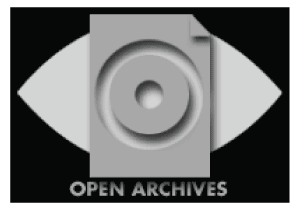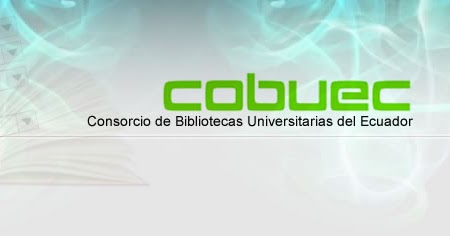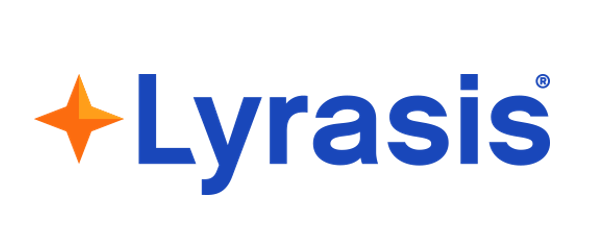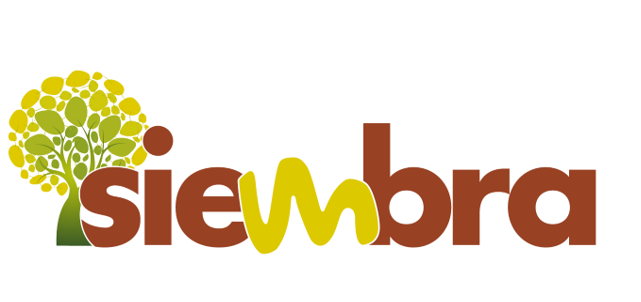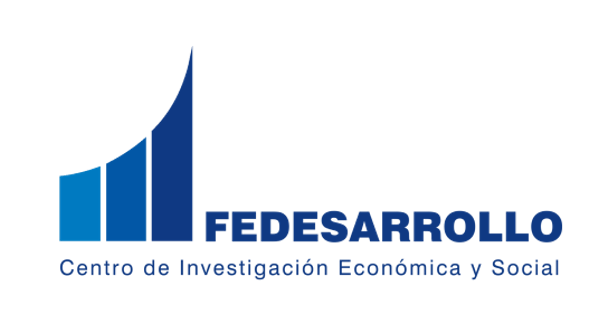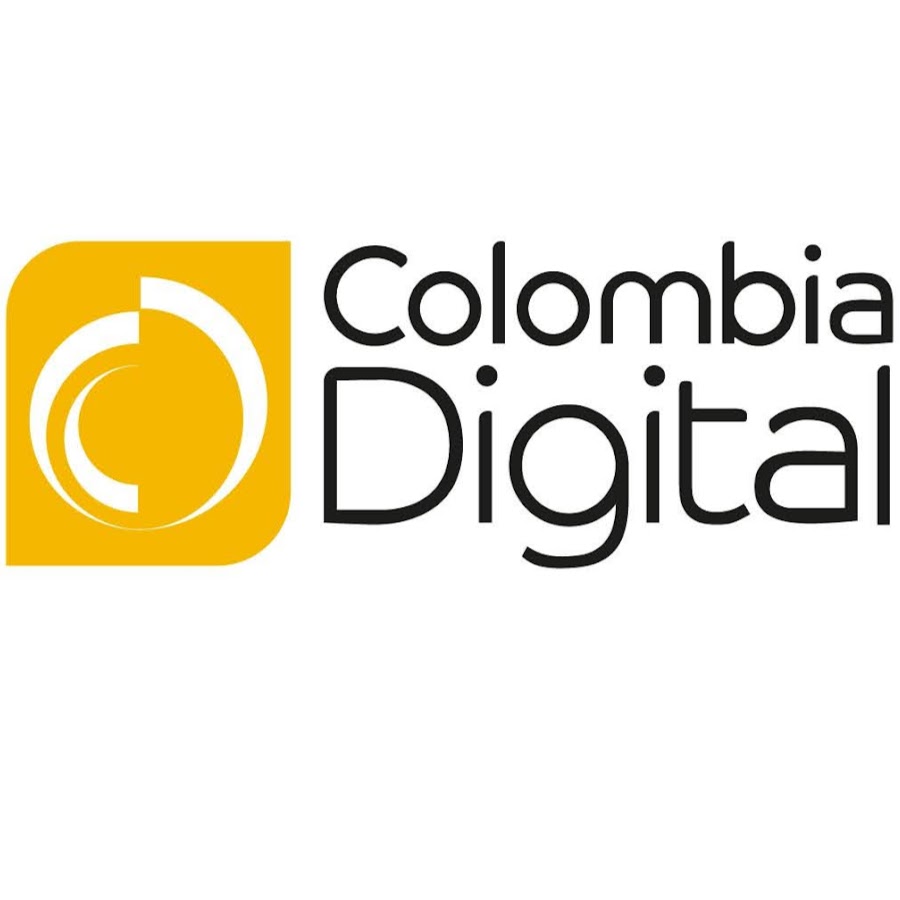Mostrar el registro sencillo del ítem
La imagen y la narrativa como herramientas para el abordaje psicosocial en escenarios de violencia
| dc.contributor.advisor | Álvarez, Martha Isabel | |
| dc.coverage.spatial | cead_-_florencia | spa |
| dc.creator | Sterling Cuéllar, Andrés | |
| dc.creator | López, Julieth Marcela | |
| dc.creator | Andrade, Ylsa Fernanda | |
| dc.creator | Páez, Julieth Paola | |
| dc.creator | Cifuentes, Sofía | |
| dc.date.accessioned | 2018-09-17T15:06:14Z | |
| dc.date.available | 2018-09-17T15:06:14Z | |
| dc.date.created | 2018-08-12 | |
| dc.identifier.uri | https://repository.unad.edu.co/handle/10596/20262 | |
| dc.description.abstract | El diplomado en Acompañamiento Psicosocial en Escenarios de Violencia, por medio de sus intencionalidades formativas, pretende que bajo la condición de formación, el psicólogo analice y valore los eventos psicosociales traumáticos desde una perspectiva psicológica y los argumente desde una postura clara y coherente desde la técnica Análisis del Relato en un escenario, donde pudimos analizar y desarrollar técnicas de intervención en la población. Es así, como el desarrollo de la presente actividad se realiza con base en una primera actividad de carácter individual, en la que se requiere realizar una aproximación al enfoque narrativo y el análisis de relatos, con el fin de evidenciar la interiorización y articulación del conocimiento medio de la lectura de los relatos de vida; en donde se selecciona uno para realizar un abordaje del contexto psicosocial. El enfoque narrativo se convierte en la herramienta más oportuna y fundamental en los procesos de acompañamiento psicosocial, ya que posibilita la indagación y exploración de los diferentes contextos de violencia. Esta herramienta permite identificar y describir historias problemáticas de las vidas de las personas, las cuales se convierten en las bases para relatar su historia de vida en relación al hecho violento. La foto voz como técnica fotográfica participativa, permite dar voz por medio de la imagen captada de la realidad, que posibilita nuevas formas para reflexionar y significar situaciones de una persona o comunidad, de manera creativa y personal. Igualmente provoca el ir más allá de lo que refleja la imagen, lo cual genera la construcción de narrativas esperanzadoras, inquietantes, desoladoras, de superación, de emancipación. El saber preguntar dentro del proceso de intervención psicosocial es trascendental ya que nos permite acercarnos a la realidad de la víctima y comprender sus percepciones, motivaciones y significado etc., luego del hecho violento. Los tipos de preguntas que se comprenden son: las estratégicas, circulares y reflexivas, las cuales abarcan una función y objetivo distinto, que complementan la intervención psicosocial en contextos de violencia. Seguidamente y de manera colaborativa, una vez socializados cada uno de los aportes individuales, con el fin de aportar información útil que enriquece nuestro conocimiento como profesionales. | spa |
| dc.format | spa | |
| dc.format.mimetype | application/pdf | spa |
| dc.language.iso | spa | spa |
| dc.publisher | Universidad Nacional Abierta y a Distancia UNAD | spa |
| dc.title | La imagen y la narrativa como herramientas para el abordaje psicosocial en escenarios de violencia | spa |
| dc.type | Diplomado de profundización para grado | spa |
| dc.subject.keywords | Emancipación | spa |
| dc.subject.keywords | Estigmatizacion | spa |
| dc.subject.keywords | Perseverancia | spa |
| dc.subject.keywords | Trascendental | spa |
| dc.description.abstractenglish | The graduate in Accompaniment Psicosocial in Scenes of Violence, by means of his formative premeditations, claims that under the condition of formation, the psychologist analyzes and values the events psicosociales traumatic from a psychological perspective and argues from a clear and coherent position from the technology Analysis of the Statement in a scene, where we could analyze and develop technologies of intervention in the population. It is like that, the development of the present activity is realized by base in the first activity of individual character, in which it is needed to realize an approximation to the narrative approach and the analysis of statements, in order to demonstrate the interiorización and joint of the average knowledge of the reading of the statements of life; where one is selected to realize a boarding of the context psicosocial. The narrative approach turns into the most opportune and fundamental tool into the processes of accompaniment psicosocial, since it makes possible the investigation and exploration of the different contexts of violence. This tool allows to identify and to describe problematic histories of the lives of the persons, which turn into the bases to report his history of life in relation to the violent fact. The photo voice as photographic participative technology, allows to give voice by means of the caught image of the reality, which makes new forms possible to think and to mean situations of a person or community, in a creative and personal way. Equally it provokes to go beyond what there reflects the image, which generates the construction of encouraging, worrying, distressing narratives, of overcoming, of emancipation. To be able to ask inside the process of intervention psicosocial is transcendental since it allows us to bring us over to the reality of the victim and to understand his perceptions, motivations and meant etc., after the violent fact. The types of questions that are understood are: strategic, circular and reflexive, which include a function and different aim, which they complement the intervention psicosocial in contexts of violence. Immediately afterwards and in a collaborative way, once socialized each of the individual contributions, in order information contributes s useful that enriches our knowledge as professionals. | spa |
| dc.subject.category | psicología | spa |
| dc.rights.accesRights | info:eu-repo/semantics/openAccess | spa |
| dc.rights.acceso | Abierto (Texto Completo) | spa |


